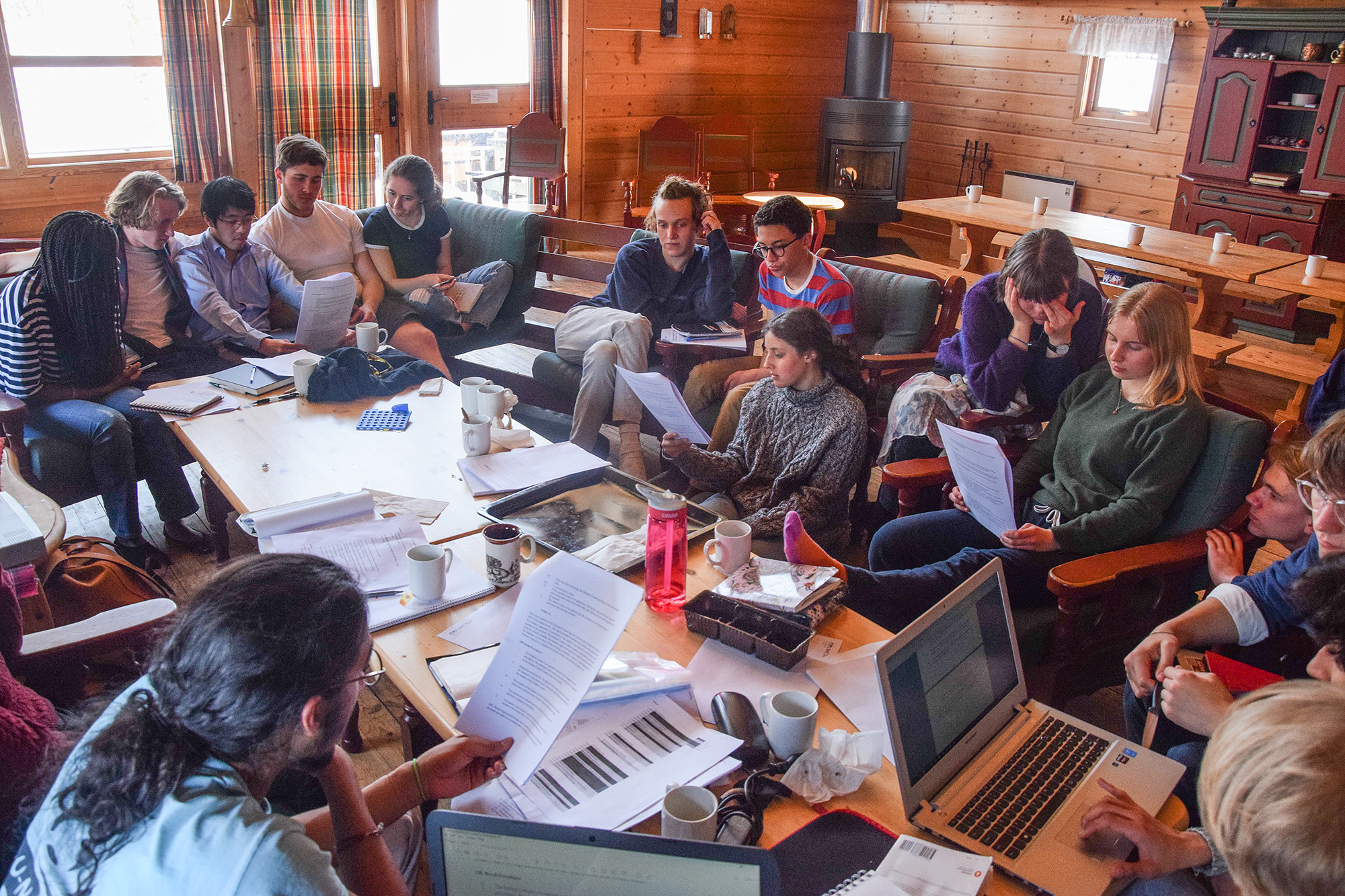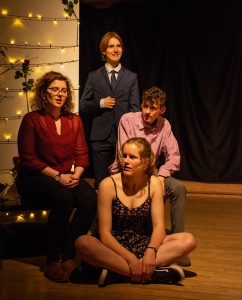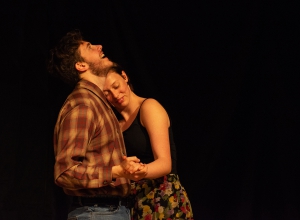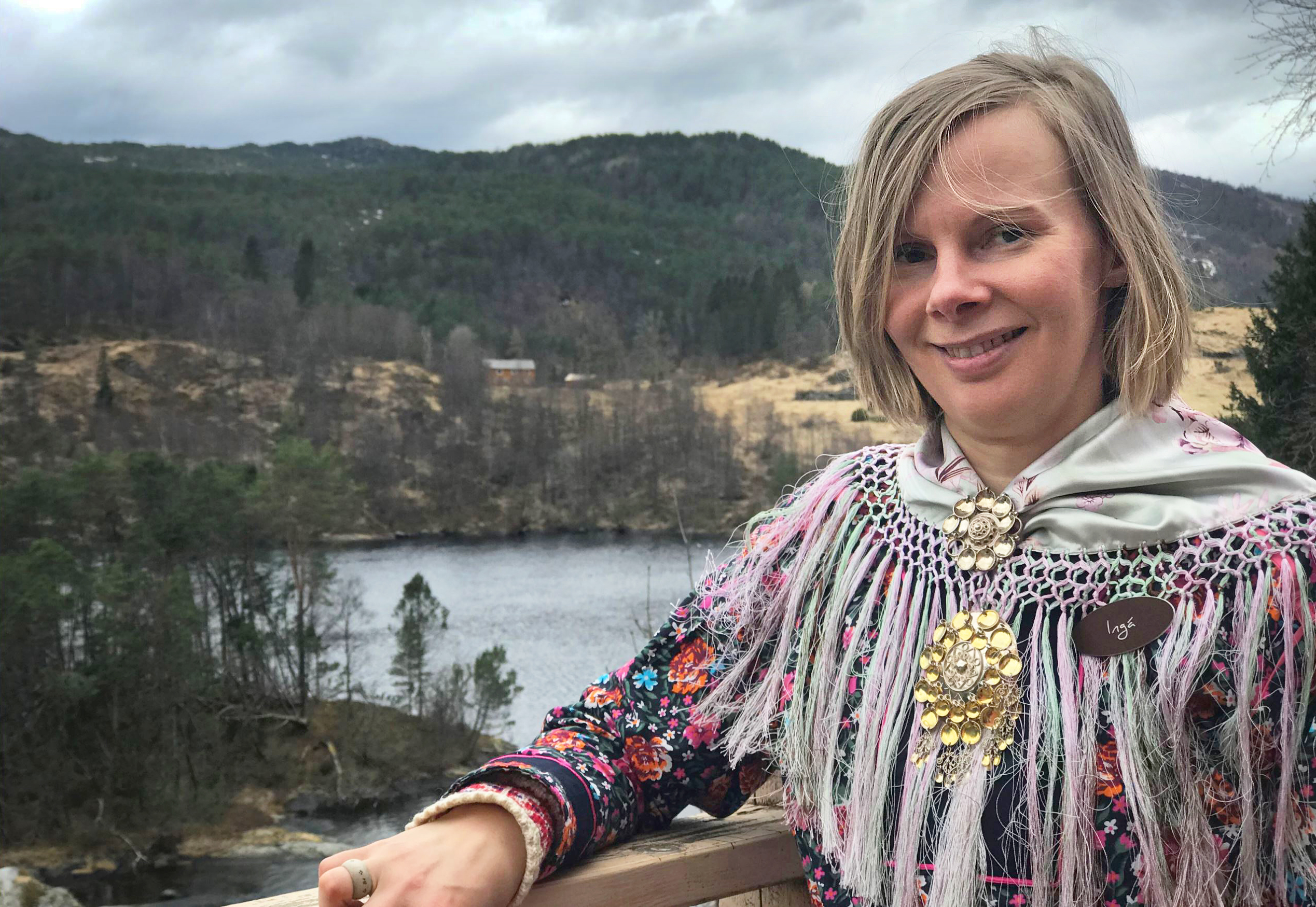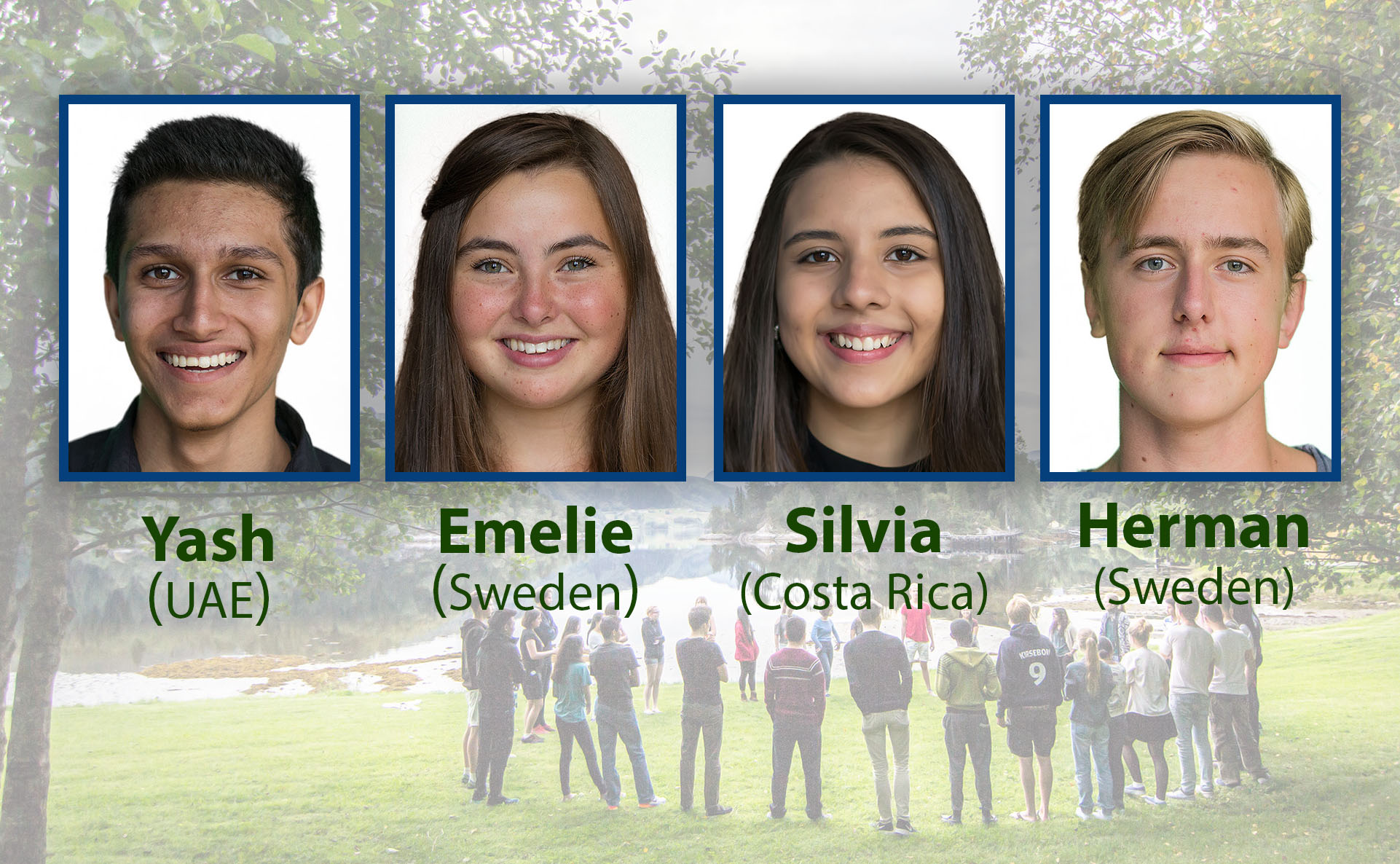Student Council Transition
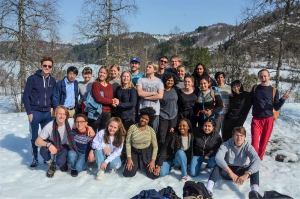 Continuing with tradition, this year’s newly elected Student Council (SC) went away with the outgoing SC to a Langeland cabin this past weekend. The weekend included both team building activities, and the transfer of procedural know-how. While the weekend aided in developing the practical skills of the new SC, there was also much time for bonding – between members of the new SC but also between both new and outgoing SCs. All in all, the weekend was a much needed time to focus in on continuing to develop the SC into a well-functioning unit as well as to plan ahead for future!
Continuing with tradition, this year’s newly elected Student Council (SC) went away with the outgoing SC to a Langeland cabin this past weekend. The weekend included both team building activities, and the transfer of procedural know-how. While the weekend aided in developing the practical skills of the new SC, there was also much time for bonding – between members of the new SC but also between both new and outgoing SCs. All in all, the weekend was a much needed time to focus in on continuing to develop the SC into a well-functioning unit as well as to plan ahead for future!

